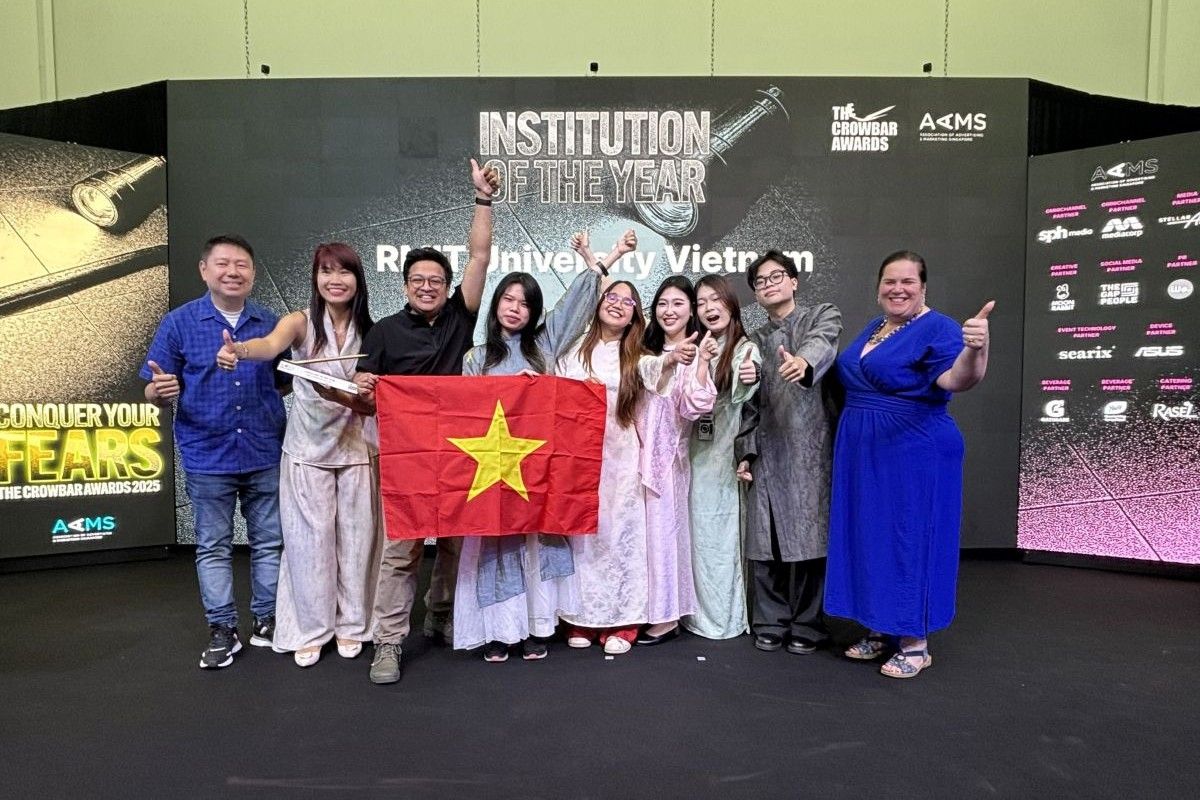RMIT School of Science & Technology lecturer and lead research author Dr Dinh Ngoc Minh said health systems in LMICs face many challenges that impact the quality of care, especially for critical illnesses that require highly trained staff and expensive equipment for diagnostics and treatment.
“Many countries face challenges in their healthcare industries that are usually related to resource settings like access to care, appropriate diagnosis and treatment, systems and cost of care, however in LMICs, where resources are already limited, overcoming these challenges may be even more difficult,” Dr Minh said.
According to Dr Minh, recent advances in engineering and technology may be able to offer disruptive and novel alternatives to conventional care approaches, which could negate the need for costly staff and equipment.
Since ML and Deep Learning (DL) have grown in popularity, ML is gradually being accepted in the healthcare industry thanks to its capacity to analyse large sets of medical data to provide timely risk scores, precise resource allocation, and diagnosis of illness.
“The World Health Organization estimates that up to two thirds of the world’s population lacks access to chest X-rays and diagnostics, and while chest X-rays are available in many LMICs intensive care settings, there are a limited number of experts able to interpret these images.
“AI and DL technologies in particular may provide a solution to this problem as they’re well-suited to recognising patterns. An increasing number of research publications show DL applications can support chest radiography in this way, as a wealth of high-volume datasets allows algorithms to be constructed.”
Apart from enhancing diagnostic systems, ML also presents great advantages in supporting decision-making and healthcare management.
“ML offers a framework for analysis of high-dimensional multimodal data, which is an advantage in examining complex biomedical data, and shows promise in improving detection, diagnosis and monitoring of disease,” Dr Minh said. “And for critical care where there are often huge volumes of data, ML approaches are particularly attractive.”
The research found that ML applications could be developed to better identify and track chronic disease and high-risk patients, and to design appropriate interventions, to help reduce the number of hospital (re)admissions and claims.
Dr Minh gave an example of the BERG Interrogative Biology platform which uses ML to identify the molecular basis of adverse events in order to map disease and treatments in oncology, neurology and other rare conditions.
“The technology has allowed healthcare providers to take a more predictive approach, rather than relying on trial-and-error,” Dr Minh explained.
“With the growing use of electronic healthcare records in LMICs, these technologies are increasingly relevant to resource-limited health systems, particularly as many systems are designed around costing and billing. “A better understanding of intensive care costs may allow appropriate interventions and use of resources, and may also protect vulnerable populations against excessive or disproportionate costs.”
Dr Minh emphasised the significant impacts that AI systems can have in LMICs and addressed many of the barriers to providing high quality intensive care.
“Reducing the cost and expertise needed to monitor and treat critically ill patients is an important step that can not only improve patient outcomes per se, but also reduce inequalities in service provision,” he said.
“Busy and less well-trained staff can be supported by ML clinical support, and as more countries embrace electronic health records, data from these could be used either for clinical decision support or healthcare service optimisation.
In Vietnam, ML-based clinical decision support tools for tetanus and dengue are being developed, as well as DL image-analysis in tuberculous, meningitis and dengue as part of the VITAL (Vietnam ICU Technology Applications Laboratory) project.
Dr Minh also identified several trends in which LMIC healthcare systems, especially in critical care, can benefit.
“A new generation of information technologies including the Internet of Things (loTs), big data, cloud computing, and crowdsourcing, have transformed healthcare to become not only more efficient and more convenient, but also more personalised, yet deliverable at low-costs,” he said.
“Patients can be equipped with wearable devices to monitor their health constantly, or low-cost mobile devices can be used as a live source of data for monitoring the spread of diseases.”
The research report between RMIT University and Oxford University Clinical Research Unit (OUCRU) HCMC, New technologies to improve healthcare in low- and middle-income countries: Global Grand Challenges satellite event, Oxford University Clinical Research Unit, Ho Chi Minh City, 17-18 September 2020 covered the outputs of a satellite event that was organised as part of the 2nd Global Grand Challenges of Engineering Summit in Ho Chi Minh City Vietnam.
Other research team members included RMIT School of Science & Technology IT lecturer Dr Joseph Nygate, and OUCRU Post Doctoral Clinical Researcher Van Hoang Minh Tu and Senior Clinical Research Fellow Dr Louise Thwaites.
Dr Thwaites revealed that many local and international stakeholders at the event contributed a range of ideas and suggestions on unique perspectives about how to tackle challenges in LMIC healthcare systems, and to start thinking about potential solutions.
“The diversity of the group of global experts set in motion several new collaborative research projects. One of the research projects, that also involves an RMIT Vietnam student intern, was recently presented at the international conference AHT2020,” she said.
Story: Ha Hoang





